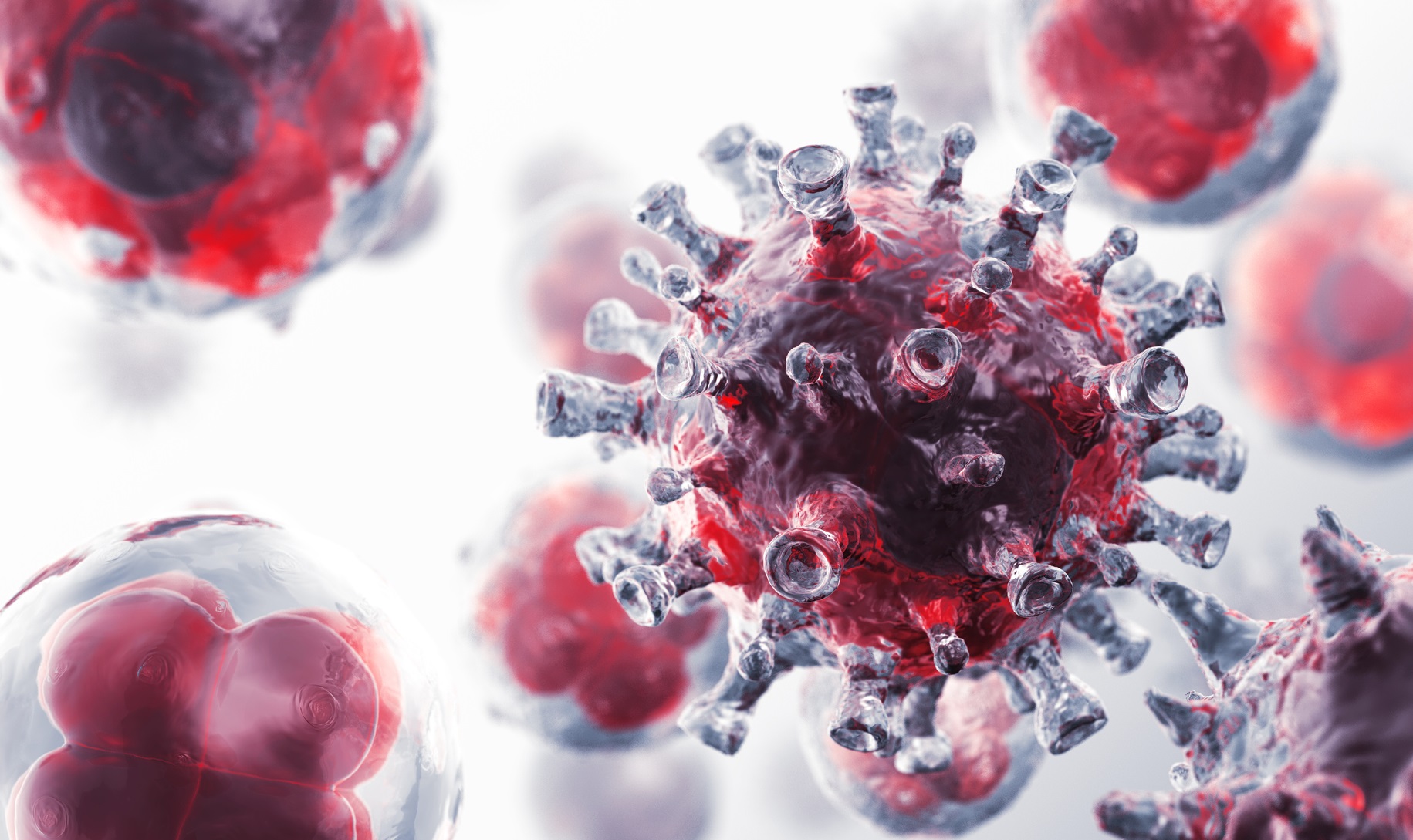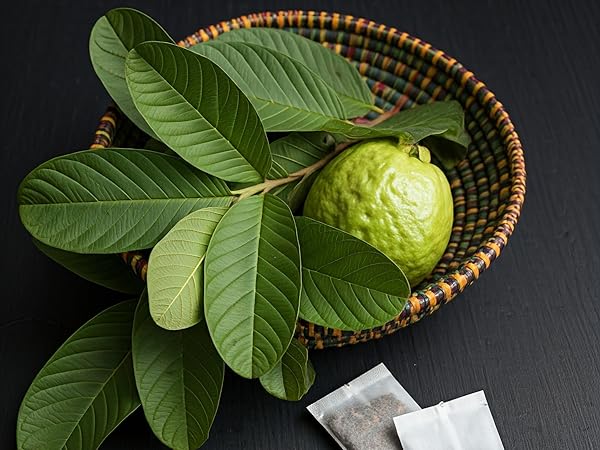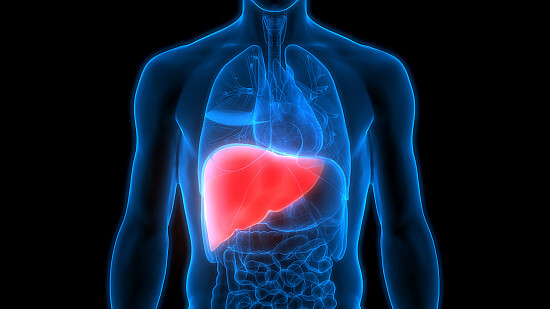Coronavirus spreads 5 frequently asked questions - Symptoms and Other facts
Tue 03 Mar 2020, 21:23:37

With the latest Coronavirus scare in India, it is highly important to understand all the facts about Coronavirus, including Coronavirus symptoms, if there is a relation between Coronavirus and chicken, or if there is any Coronavirus antidote or Coronavirus vaccine.
According to Dr Sachin Verma, a leading healthcare practitioner, "The best way to safeguard yourself from a possible case of nCoV is to keep hygiene in mind.
Here are the questions for some common Coronavirus facts:
Q1: What is Coronavirus and what are the known Coronavirus symptoms?
Coronaviruses (CoV) are a large family of viruses that cause illness ranging from the common cold to more severe diseases such as Severe Acute Respiratory Distress syndrome.
Whenever you have fever, cough and difficulty breathing it’s important to seek medical attention promptly as this may be due to a bacterial infection viral infection, allergy or some serious respiratory infection.
Common signs of Coronavirus infection include respiratory symptoms, fever, cough, shortness of breath and breathing difficulties. In more severe cases, infection can cause pneumonia, severe acute respiratory syndrome, kidney failure and even death.
Q2: Where do Coronaviruses come from?
A novel Coronavirus is a new strain that has not been previously identified in humans has been reported from December 31, initially from Wuhan China and is spreading worldwide now.
How humans acquired this virus is not confirmed as yet. Some studies indicate that it would have come from bats, other indicates some other animal like cats, camels or even snakes being the animal source.
Q3: How does the Coronavirus spread?
Coronaviruses are zoonotic viruses, meaning they are transmitted between animals and people.
Several known coronaviruses are circulating in animals that have not yet infected humans. Hence hand
hygiene is a very essential component of preventing the infection.
hygiene is a very essential component of preventing the infection.
Q4: What is the best way to protect yourself from Coronavirus?
Washing your hands with an antiseptic hand wash and water kills Coronavirus if it is on your hands. Hands come in contact with various surfaces and if we touch that hand on the face or bring it close to nose we can acquire the virus.
You can use antiseptic handwashes. Avoid close contact with anyone showing symptoms of respiratory illness such as coughing and sneezing.
When someone coughs or sneezes they secrete small droplets containing the virus. If you are too close, you can breathe in the virus. Hence the distance can help your chance of acquiring and avoid public places.
Hands touch many surfaces which can be contaminated with the virus. If you touch your eyes, nose or mouth with your contaminated hands, you can transfer the virus from the surface to yourself.
Standard recommendations to prevent infection spread include regular hand washing, covering mouth and nose when coughing and sneezing, thoroughly cooking meat and eggs.
Q5: How dangerous is Coronavirus?
As with other respiratory illnesses, Coronavirus symptoms when infected with 2019-nCoV can cause mild symptoms including a runny nose, sore throat, cough, and fever.
Coronavirus symptoms can be more severe for some persons and can lead to pneumonia or breathing difficulties. More rarely, the disease can be fatal.
Older people and people with pre-existing medical conditions (such as diabetes and heart disease) appear to be more vulnerable to becoming severely ill with the virus.
Q6: Can the 2019-nCoV be transmitted from person to person?
Yes, the 2019-nCoV causes respiratory disease and can be transmitted from person to person, usually after close contact with an infected patient, for example, in a household workplace, or health care centre.
No Comments For This Post, Be first to write a Comment.
Most viewed from Health
AIMIM News
Latest Urdu News
Most Viewed
May 26, 2020
Do you think Canada-India relations will improve under New PM Mark Carney?
Latest Videos View All
Like Us
Home
About Us
Advertise With Us
All Polls
Epaper Archives
Privacy Policy
Contact Us
Download Etemaad App
© 2025 Etemaad Daily News, All Rights Reserved.






























